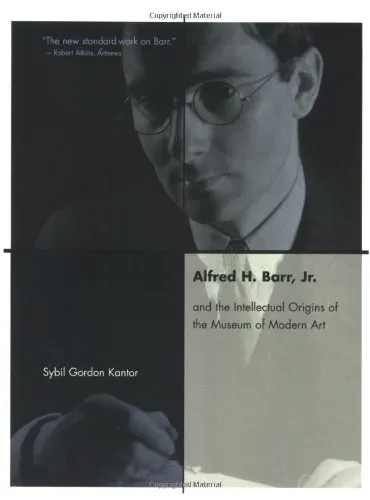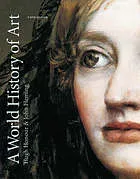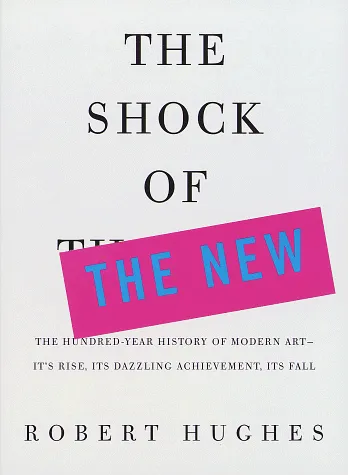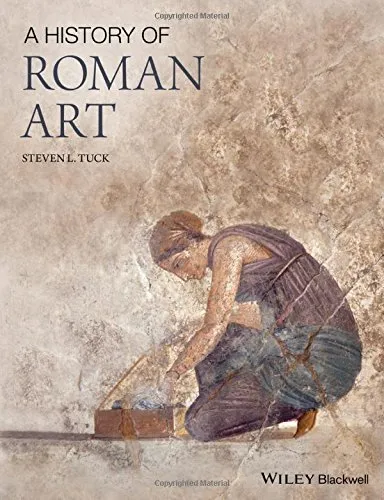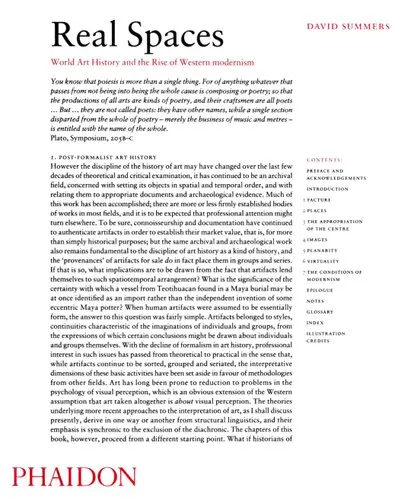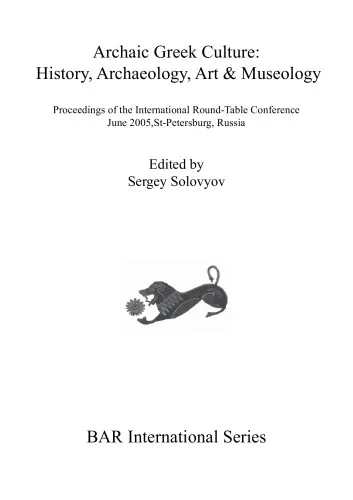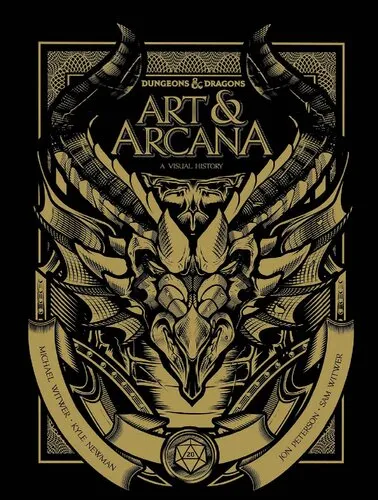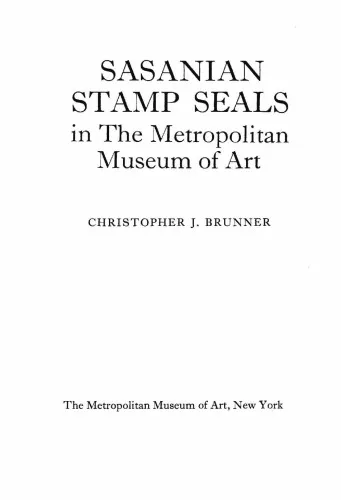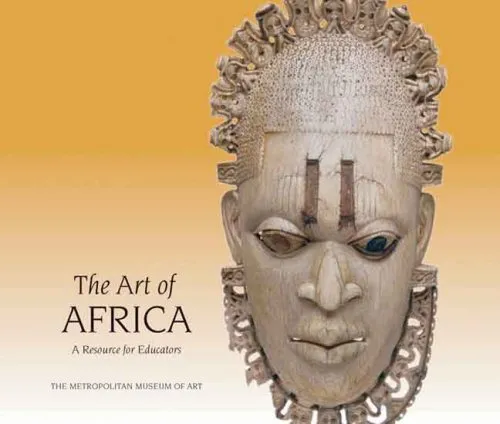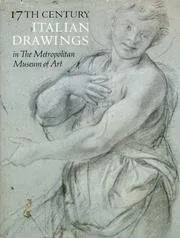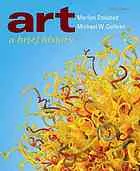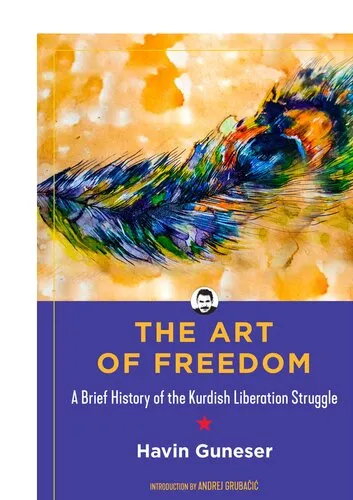Alfred H. Barr, Jr. and the Intellectual Origins of the Museum of Modern Art
4.7
Reviews from our users

You Can Ask your questions from this book's AI after Login
Each download or ask from book AI costs 2 points. To earn more free points, please visit the Points Guide Page and complete some valuable actions.Related Refrences:
Growing up with the twentieth century, Alfred Barr (1902-1981), founding director of the Museum of Modern Art, harnessed the cataclysm that was modernism. In this book -- part intellectual biography, part institutional history -- Sybil Gordon Kantor tells the story of the rise of modern art in America and of the man responsible for its triumph. Following the trajectory of Barr's career from the 1920s through the 1940s, Kantor penetrates the myths, both positive and negative, that surround Barr and his achievements.Barr fervently believed in an aesthetic based on the intrinsic traits of a work of art and the materials and techniques involved in its creation. Kantor shows how this formalist approach was expressed in the organizational structure of the multidepartmental museum itself, whose collections, exhibitions, and publications all expressed Barr's vision. At the same time, she shows how Barr's ability to reconcile classical objectivity and mythic irrationality allowed him to perceive modernism as an open-ended phenomenon that expanded beyond purist abstract modernism to include surrealist, nationalist, realist, and expressionist art.Drawing on interviews with Barr's contemporaries as well as on Barr's extensive correspondence, Kantor also paints vivid portraits of, among others, Jere Abbott, Katherine Dreier, Henry-Russell Hitchcock, Philip Johnson, Lincoln Kirstein, Agnes Mongan, J. B. Neumann, and Paul Sachs.
Free Direct Download
You Can Download this book after Login
Accessing books through legal platforms and public libraries not only supports the rights of authors and publishers but also contributes to the sustainability of reading culture. Before downloading, please take a moment to consider these options.
Find this book on other platforms:
WorldCat helps you find books in libraries worldwide.
See ratings, reviews, and discussions on Goodreads.
Find and buy rare or used books on AbeBooks.
1249
بازدید4.7
امتیاز0
نظر98%
رضایتReviews:
4.7
Based on 0 users review
Questions & Answers
Ask questions about this book or help others by answering
Please login to ask a question
No questions yet. Be the first to ask!
